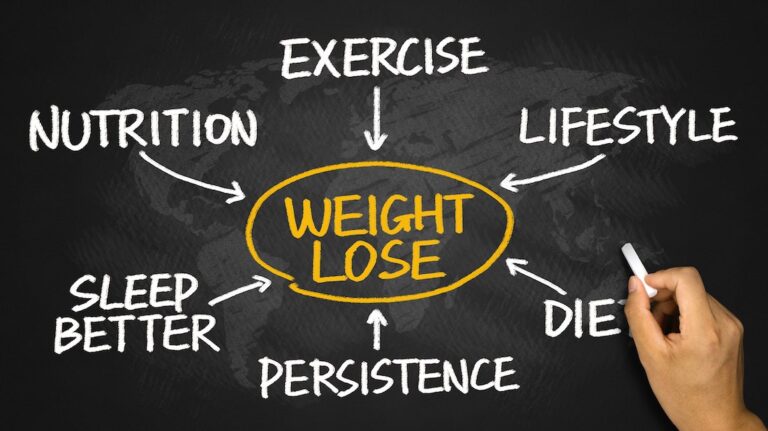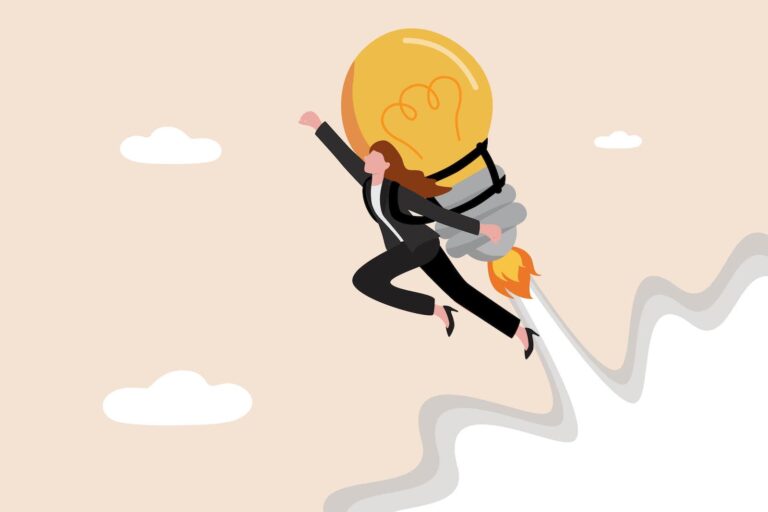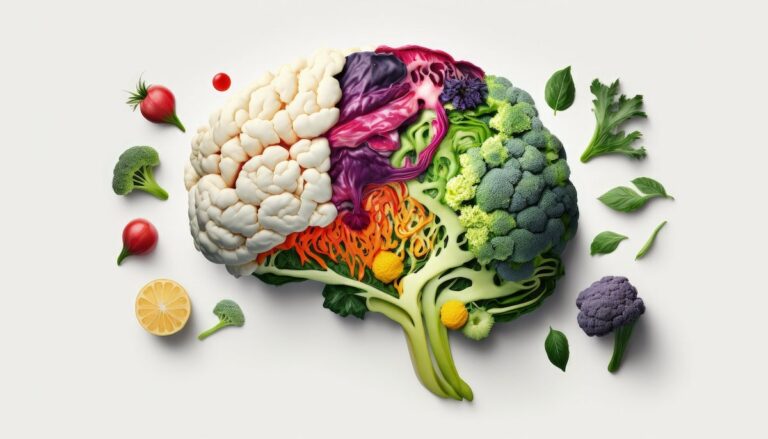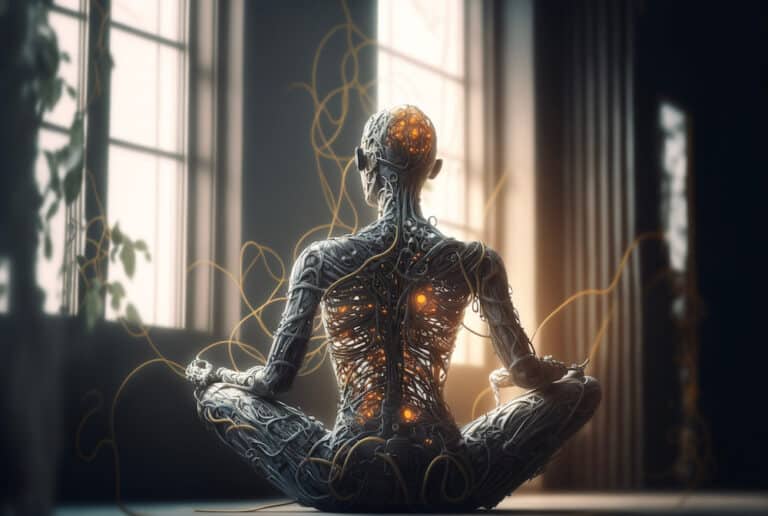Have you ever put something off until tomorrow? You’re procrastinating. Procrastination is when we put things off, even though we know it’s bad for us. But fear not! Here I share my tips on how I have managed to deal with procrastination in my everyday life.
Procrastination ADHD – Diagnosis as an adult
As an adult with ADHD, I’ve procrastinated a lot. You might recognize some of the excuses I’ve used: “I can do it tomorrow”, or “I need something to eat first”. Sound familiar?
Overstimulation is the main reason you procrastinate
It was when I got control of the food, and realized that procrastination often comes from over-stimulation, that things started to change. Over-stimulation can come from many sources, such as social media, checking updates, watching YouTube, playing video games and checking email.

Why you postpone the most demanding tasks
But it’s not always easy to avoid overstimulation. That’s why I made a ‘stress list’. This is a list of all the demanding tasks that I postponed. By starting the day without doing anything overstimulating, like scrolling on social media, it was easier to tackle this list.
Your mobile phone could be the fastest route to results for you
I also found that the mobile phone was a major source of procrastination. By setting a limit of 15 minutes of phone use for things other than making calls, I changed how I thought throughout the day. It became easier to manage my own thoughts.
What can you do?
There are many tips and tricks for dealing with procrastination. For example, you can take a procrastination test to find out more about your own procrastination behavior. You may also want to seek procrastination help, whether it’s via an app for procrastination, or through procrastination treatment.
Remember, it’s never too late to get rid of procrastination. With the right effort and help, you can avoid both stress and extreme procrastination. It’s about understanding how procrastination – and “ADHD procrastination” – affects you, and what you can do to change it.
What is dopamine?
Dopamine is an important transmitter in our brain. It is a type of chemical known as a neurotransmitter. This means it helps send signals in the brain. Dopamine is linked to many things, but it is perhaps best known for giving us the feeling of reward.
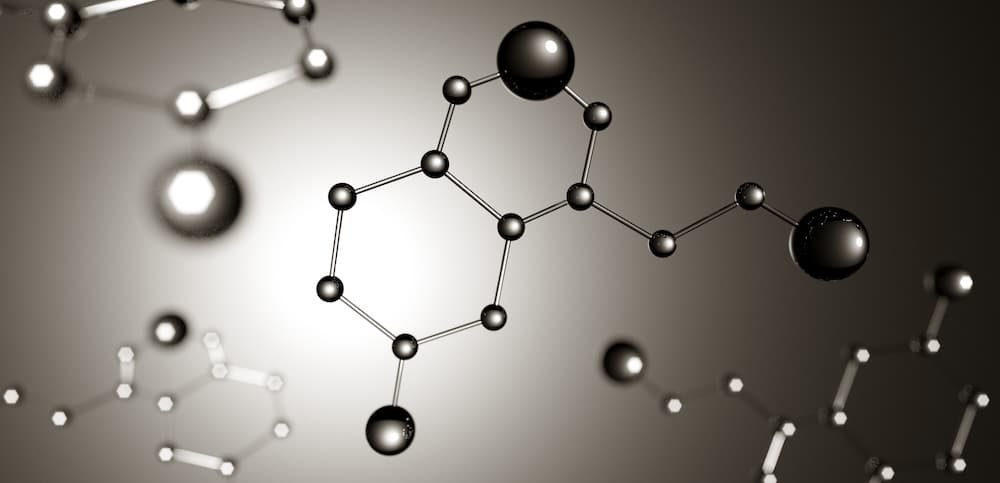
When we do something we enjoy, the brain releases dopamine. This makes us feel happy and satisfied. However, dopamine also plays a major role in procrastination.
When we procrastinate, it could be because we’re seeking the immediate reward dopamine gives us, rather than focusing on the bigger, but more long-term reward we get from completing a task.
Advice and help against procrastination
Procrastination can be a challenge, but there are many ways to deal with it. Here’s some advice:
Why procrastination hits the self-employed and students the hardest
Self-employed people and students often have one thing in common: they need to manage their own time. This can be a challenge. Without a boss or teacher looking out for you, it can be easy to procrastinate.
This is especially common when the tasks are large or complex. Then we may try to avoid stress by procrastinating. But instead, it often ends up causing more stress in the long run.
For students, procrastination can mean poor grades. For the self-employed, this can mean poorer job performance. If you recognize this, remember that there are tools and techniques that can help. It’s never too late to improve.

